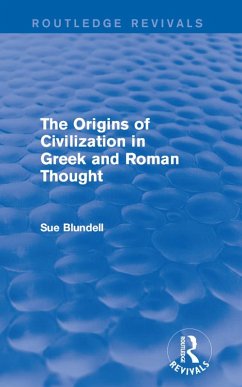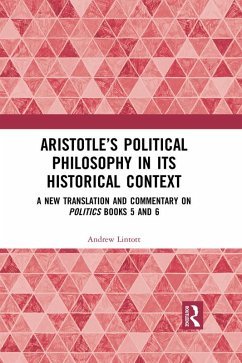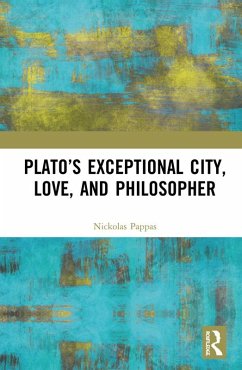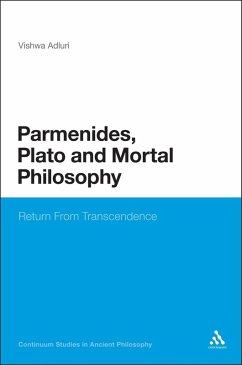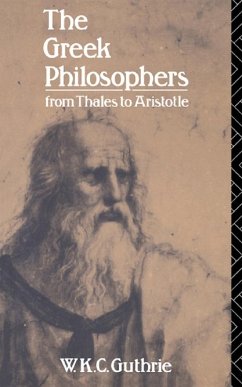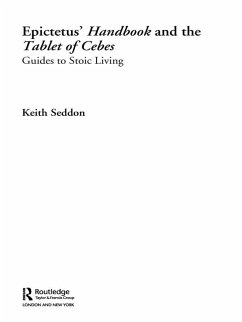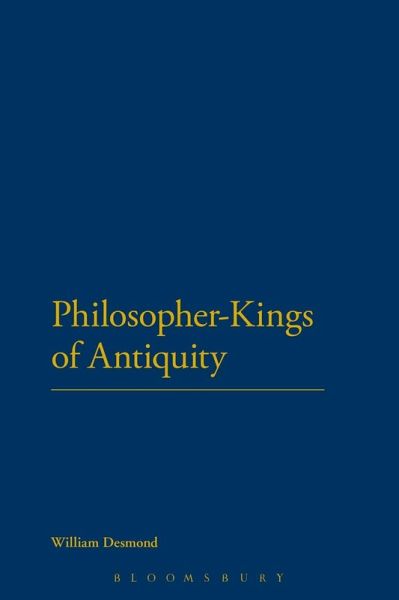
Philosopher-Kings of Antiquity (eBook, PDF)
Versandkostenfrei!
Sofort per Download lieferbar
31,95 €
inkl. MwSt.
Weitere Ausgaben:

PAYBACK Punkte
16 °P sammeln!
One of the most celebrated of Plato's ideas was that if human society was ever to function successfully then philosophers would need to become kings, or kings philosophers. In a perfect state, therefore, philosophic wisdom should be wedded to political power. In antiquity, who were or aspired to be philosopher-kings? What was their understanding of wisdom and the limits of knowledge? What influence have they had on periods beyond antiquity? This volume focuses on Plato and his contemporaries; Alexander the Great and his Hellenistic successors; Marcus Aurelius and the 'good emperors'; Moses, So...
One of the most celebrated of Plato's ideas was that if human society was ever to function successfully then philosophers would need to become kings, or kings philosophers. In a perfect state, therefore, philosophic wisdom should be wedded to political power. In antiquity, who were or aspired to be philosopher-kings? What was their understanding of wisdom and the limits of knowledge? What influence have they had on periods beyond antiquity? This volume focuses on Plato and his contemporaries; Alexander the Great and his Hellenistic successors; Marcus Aurelius and the 'good emperors'; Moses, Solomon and early Hebrew leaders; and Julian the Apostate, the last of the pagans. In conclusion it looks at the re-emergence of the Platonic ideal in important moments of European history, such as the Enlightenment. The theme of the philosopher-king is significant for Greco-Roman antiquity as a whole, and this work is unique in detailing the development of an idea through major periods of Greek and Roman history, and beyond.




